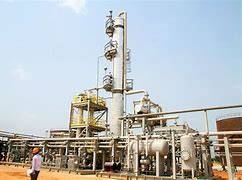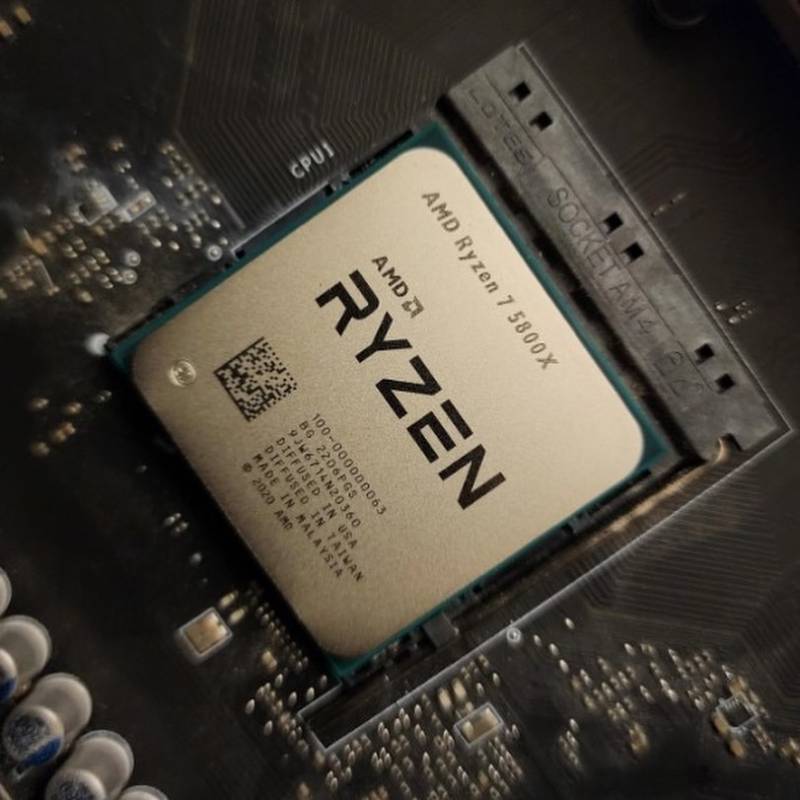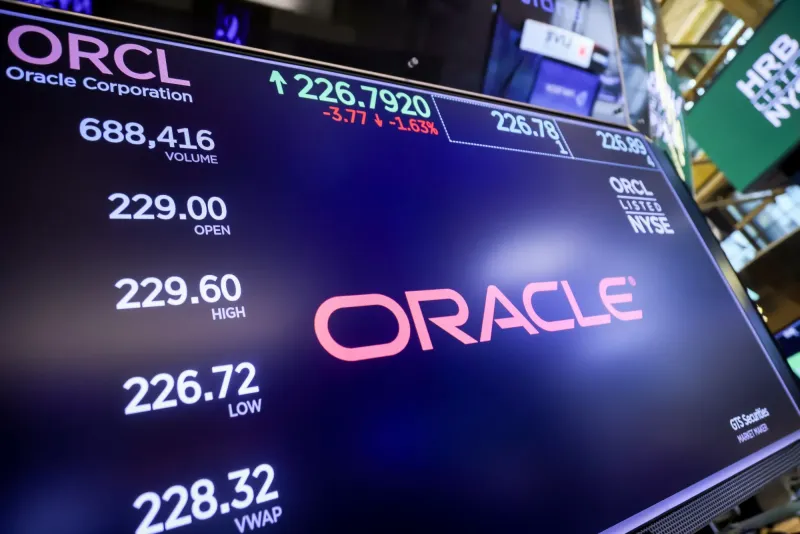The Nigerian Upstream Petroleum Regulatory Commission (NUPRC), citing instances of operators purposefully shutting down oil wells and pipelines in an effort to combat theft, has highlighted concerns about the nation's production capacity.
The NUPRC estimates that in 2022, the country will see an average daily loss of 108,000 barrels of crude oil.
The Nembe Creek Trunk Line (NCTL) and the Trans Niger Pipeline (TNP) have been used to evacuate fields, and according to NUPRC Chief Executive Officer Gbenga Komolafe, these measures have been necessary because of the level of theft. He also noted that a similar trend has persisted in 2022.
At the Lagos Chamber of Commerce and Industry's (LCCI) public-private dialogue on crude oil theft and artisanal modular refineries, Komolafe claimed that the enormous scale of losses brought on by crude oil theft had turned the upstream oil sector of Nigeria into a hostile environment, deterred investors, and resulted in a significant amount of divestments in the industry.
He went on to say that the situation of poor production had been made worse by several operators' deliberate closure of wells, infrastructure, and pipelines.
"It is instructive to observe that the aforementioned difficulties have also had an influence on gas output, both for internal use and export," he continued.
He emphasized that in 2021 and 2022, respectively, "an unparalleled level of theft estimated at a daily average of 103,000 barrels" had been observed.
Therefore, just 58% of the technical rate was attained in 2021, and comparable performance persisted in 2022, he continued. As a result, he said, "more concentrated efforts across all quarters are needed to stop the flow."
Only 132 million barrels of crude oil were sadly received at the terminals, he noted, suggesting that over nine million barrels of crude oil were lost to theft, resulting in a loss of $1 billion in the first quarter of 2022.
Other difficulties posed by oil theft, according to him, "include threat to national security, depreciation of investor's confidence, unemployment, and environmental concerns, in addition to the negative effects of production and accompanying revenue losses.
The NUPRC director continued by stating that ongoing efforts are being made to enable the industry to meet the government's output objective of three million barrels per day in three years and that the commission had created several crucial initiatives targeted at minimizing the threat.
He promised, "A roadmap for addressing the insecurity concerns in the industry, identifying and putting in place areas of partnership between government and operators in guaranteeing that operators realize their full production potentials."
In order to create a strong security system that ensures the supply of necessary security, he claimed there is extensive engagement with the top civil echelon of the Nigerian security forces.
He argued for refinery legislation to encourage the construction of more modular refineries, noting that crude oil craftsmen' operations fall far short of the minimum levels of technology that may be considered acceptable in the twenty-first century.
For the protection of the impacted communities' economies, health, and safety, he said, such actions must be curtailed since, if continued, they pose significant risks.
"The creation of modular refineries should better engage craftsmen' activities," he suggested. Asiwaju Michael Olawale-Cole, president of the LCCI, had earlier stated that Nigeria has recently had to contend with declining revenue, security issues, a lack of infrastructure, growing inflation, a high cost of manufacturing, and a taxing and unsustainable fuel subsidy.
He mentioned that the chamber is concerned about the several issues that are all related to revenue.
"Crude oil theft has taken on a worrying dimension, driving up production costs to $32 a barrel and overwhelming international oil companies with losses from pipeline vandalism and theft" (IOCs). Many indigenous oil companies struggle with increased operational costs, which are mostly caused by staff, maintenance, and security costs.He said, "There are also questions regarding the security agencies of the country, given that oil barges cannot be taken and transported on the coastal seas without the cooperation of some significant stakeholders.
He emphasized that numerous reports confirm that the Bonny Terminal Network, Forcados Terminal Network, and Brass Terminal Network are important pathways for this organized crime, saying that the problem of oil theft has become a national calamity and a serious threat to the nation's income base.
The LCCI president stated that in order to draw the necessary investments into the industry, the Chamber has constantly argued for the elimination of fuel subsidies and complete deregulation of the petroleum downstream sector.
"No investor wants to put money into a sector where they can't even recoup their first investment,"
While we anticipate a brief respite from the start of commercial private sector refining and modular refineries, we urge the regulators to create a favorable business environment to support these investments as they quickly come online.




